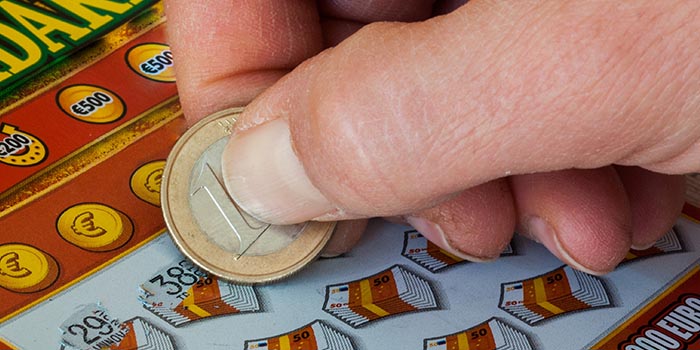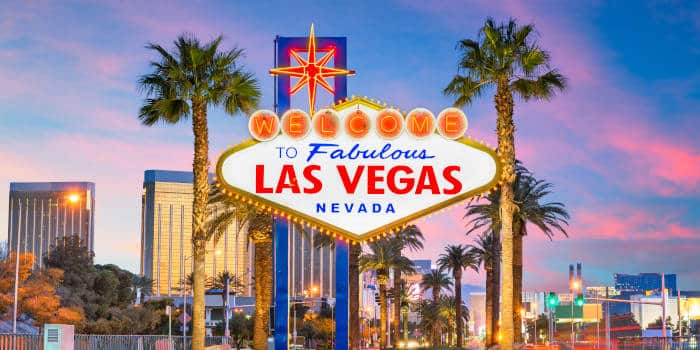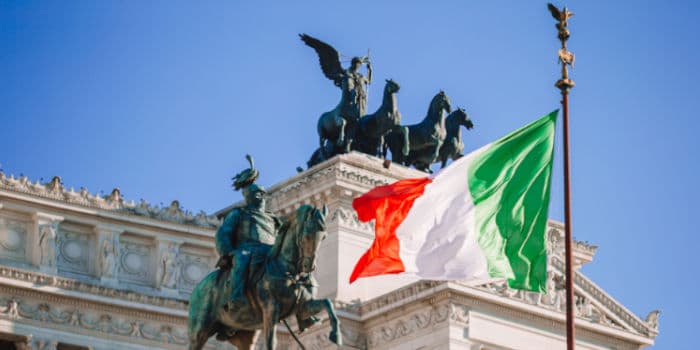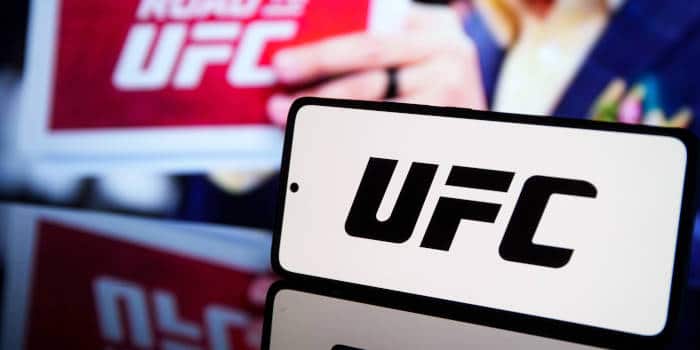- Casino
- By State
- Alabama
- Alaska
- Arizona
- Arkansas
- California
- Colorado
- Connecticut
- Delaware
- Georgia
- Florida
- Hawaii
- Idaho
- Illinois
- Indiana
- Iowa
- Kansas
- Kentucky
- Louisiana
- Maine
- Massachusetts
- Maryland
- Michigan
- Minnesota
- Mississippi
- Missouri
- Montana
- Nebraska
- Nevada
- New Hampshire
- New Jersey
- New Mexico
- New York
- North Carolina
- North Dakota
- Ohio
- Oklahoma
- Oregon
- Pennsylvania
- Rhode Island
- South Carolina
- South Dakota
- Tennessee
- Texas
- Utah
- Vermont
- Virginia
- Washington
- West Virginia
- Wisconsin
- Wyoming
- By State
- Slots
- Poker
- Sports
- Esports
Fact-checked by Angel Hristov
University of Bristol Says Operators Advertise Irresponsibly, AGA Disagrees
After examining 1,353 social media posts by the aforementioned companies, university researchers concluded that 1,012 might violate the AGA’s responsible marketing code for sports betting

The US gambling sector’s social media ads don’t always follow the sector’s industry code, according to a new report cited by The Guardian. While university academics implied that operators are not always playing by the rules, the American Gaming Association (AGA) insisted that the experts have misunderstood what constitutes advertising.
University of Bristol Says Operators Didn’t Include RG Messaging
The Guardian cited findings by the University of Bristol, whose academics believe that the gambling industry code is not being followed, even by the four biggest online betting brands. Experts specified that 75% of the non-sponsored content shared by BetMGM, DraftKings, ESPN Bet and FanDuel on Facebook, Instagram, X and TikTok did not include problem gambling messaging or a helpline phone number.
After examining 1,353 social media posts by the aforementioned companies, university researchers concluded that 1,012 might violate the AGA’s responsible marketing code for sports betting.
Raffaello Rossi, a lecturer in marketing at the university, slammed operators for allegedly “doing anything just to get people signing on.” He pointed out that the four firms mentioned by the university collectively publish roughly 237 social media posts a day, bombarding people with content. However, this content also increases participation and risk among vulnerable groups.
In addition to the non-sponsored posts, the University of Bristol academics also identified 310 paid adverts, all of which complied with the industry’s code.
AGA Slams University of Bristol’s “Irresponsible Misinterpretation”
The AGA did not agree with the University of Bristol’s conclusion, pointing out that not all social media posts constitute advertising. According to Joe Maloney, SVP at the association, “categorizing all social media posts as ads misses the basics of brand communication.”
To describe the sharing of sports facts, schedules or discussion topics via tweets and posts on social media platforms as advertising and thus applicable to our code is an irresponsible misinterpretation.
Joe Maloney, SVP, AGA
The AGA, for reference, considers a post to constitute advertising if it includes a direct link to a gambling website. In the meantime, the AGA expressed pride in its members, praising them for including safer gambling messaging in all of their paid ads.
Rossi insisted that people nowadays are clearly influenced by social media posts and see them as advertising. He also highlighted the addictive nature of gambling and suggested a number of recommendations, including harsher regulations and detailed guidance on the AGA’s code.
Maloney, however, argued that operators already abide by robust state-based regulations. He also argued that overregulation would “undermine the ability of state regulators and lawmakers to tailor appropriate policy.”
Related Topics:
Although Fiona doesn't have a long-spanning background within the gambling industry, she is an incredibly skilled journalist who has built a strong interest in the constantly growing iGaming network. The team at Gambling News is glad to have her on our roster to help deliver the best stories as soon as they hit. Aside from writing, she loves to dabble in online casino games such as slots and roulette, both for her own enjoyment and also as research to better improve her understanding of the industry.
Next Article


Industry
September 4, 2024
Legal NFL Betting Could Surge to $35BN This Season, AGA Predicts
Must Read
Industry
July 8, 2025
Trump’s Gambling Tax Cap Draws Divided Opinions
More Articles






Casino
July 11, 2025
IGT Reveals Multiple Jackpots Throughout June
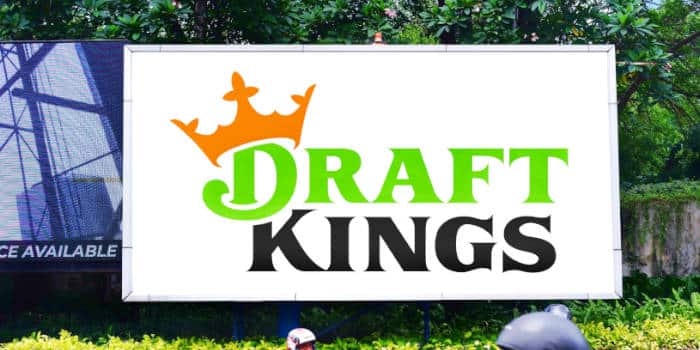
Sports
July 11, 2025
DraftKings to Give Back Over $3M to Connecticut Users
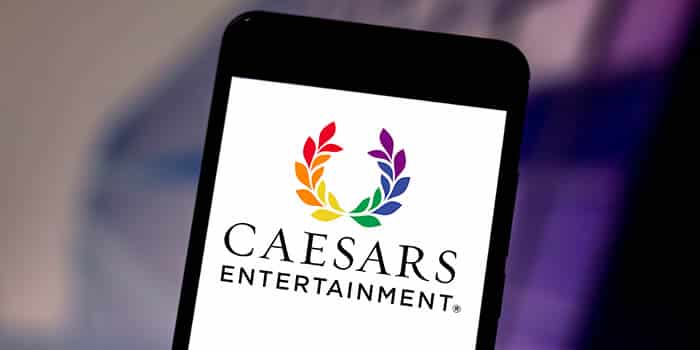
Casino
July 11, 2025
Caesars Introduces Digital Wallet in Nevada

Sports
July 10, 2025
NJ Bans Sportsbook Deals With Public Colleges

Business
July 10, 2025
DoubleDown Acquires Whow Games in €65 Million Deal







